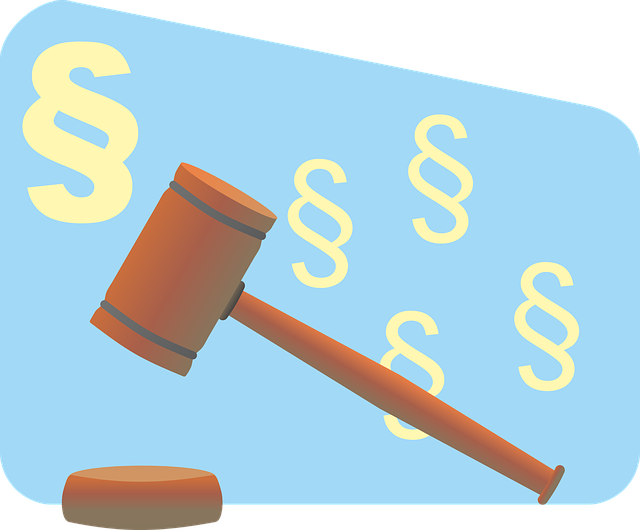After a contract breach, immediate actions are crucial to mitigate legal risks and preserve evidence. This involves swiftly documenting the breach, gathering relevant facts and documents, and seeking legal counsel. Preserve digital evidence using specialized tools and techniques while employing traditional investigation methods. Assess breach severity, explore resolution options like negotiation or mediation, and consider legal action through lawsuits or arbitration if necessary. The ultimate aim is achieving a favorable outcome, aiming for complete charge dismissal via successful negotiation or court ruling.
Corporate Crime Investigations delve into complex scenarios when businesses breach legal or ethical agreements. Understanding the initial steps after a contract breach is crucial for effective investigation. This article guides you through the process, from gathering evidence using advanced techniques and tools, to navigating legal considerations and resolution strategies. Learn the essential steps to take when facing a contract breach to ensure fairness, mitigate damage, and protect your organization’s interests.
- Understanding Corporate Crime Investigations: The Initial Steps After Contract Breach
- Gathering Evidence: Techniques and Tools for Effective Investigation
- Legal Considerations and Strategies for Resolution Following Contract Breach
Understanding Corporate Crime Investigations: The Initial Steps After Contract Breach

When a contract breach occurs within an organization, swift and strategic actions are crucial to mitigate potential legal repercussions. The initial steps in corporate crime investigations can significantly impact the outcome, aiming to not only avoid indictment but also to achieve extraordinary results in winning challenging defense verdicts.
First, gather all relevant facts and evidence swiftly. This includes reviewing the contract, understanding the breach, identifying responsible parties, and documenting communication related to the incident. Collaborating with legal counsel is essential; they can guide on the best course of action while ensuring compliance with regulatory requirements. Rapid response not only shows a commitment to resolving the issue but also helps preserve critical evidence that could be vital in any subsequent legal proceedings.
Gathering Evidence: Techniques and Tools for Effective Investigation

Effective corporate crime investigations hinge on meticulous evidence gathering. One of the first steps after a contract breach is to preserve any digital footprint left behind. This involves acquiring and meticulously analyzing electronic data, such as emails, text messages, and financial records. Advanced tools like data mining software and forensic analysis techniques play a crucial role in uncovering hidden patterns and connections that might otherwise remain concealed.
Investigators also employ traditional methods, including interviews with key witnesses and stakeholders, review of physical documents, and on-site inspections. By combining these diverse approaches, investigators can piece together the events leading up to the breach, identify responsible parties, and quantify the extent of damages – ultimately achieving extraordinary results for his clients across the country.
Legal Considerations and Strategies for Resolution Following Contract Breach

When a contract breach occurs, legal considerations and strategic resolution are paramount. The first steps to take after a breach involve documenting the breach in detail—including its impact and potential legal implications—and gathering relevant evidence. This can include contracts, communications, financial records, and any other documents that support your case.
Next, it’s crucial to assess the severity of the breach and consider resolution strategies. Negotiation and mediation are often initial steps, aiming for a mutually agreeable solution. If settlement talks fail or the breach is substantial, legal action may be necessary. This could involve filing a lawsuit, where a court will determine liability and award damages, or engaging in arbitration, which offers a more private and efficient alternative to litigation. The ultimate goal, for clients, is often to achieve complete dismissal of all charges through successful negotiation or a favorable outcome at trial, ensuring that all stages of the investigative and enforcement process are navigated effectively.
Corporate crime investigations, particularly after contract breaches, require a systematic approach. By understanding the initial steps, gathering relevant evidence using advanced techniques and tools, and considering legal strategies, organizations can effectively resolve breaches and prevent future incidents. Remember that each step in the process is crucial to ensuring justice and maintaining trust, which are essential for long-term business success. When navigating these complex scenarios, it’s important to take a dive into the available resources and expertise to ensure the best possible outcome.






